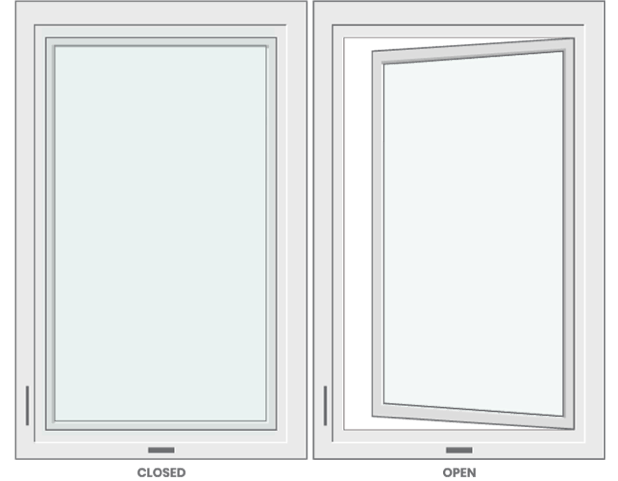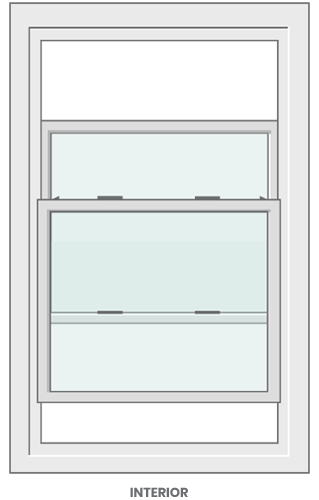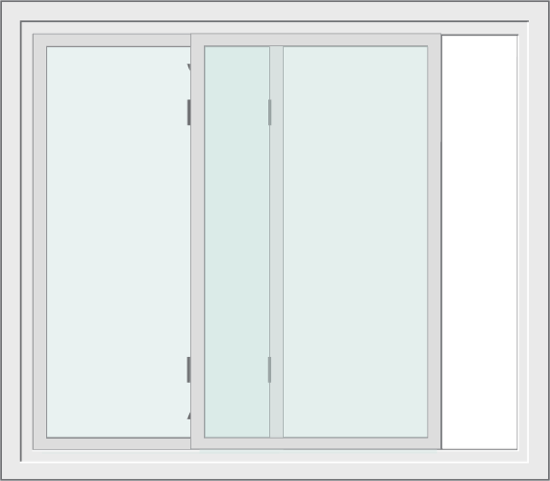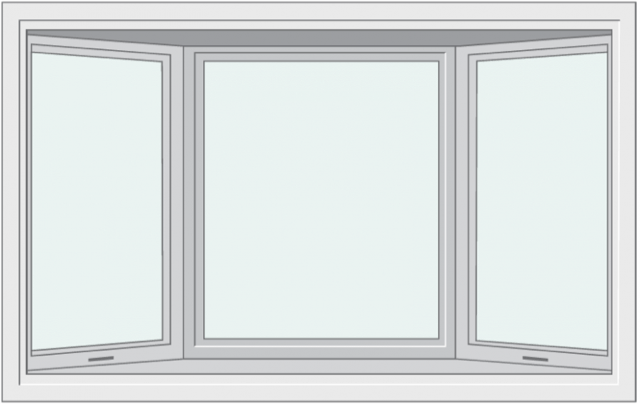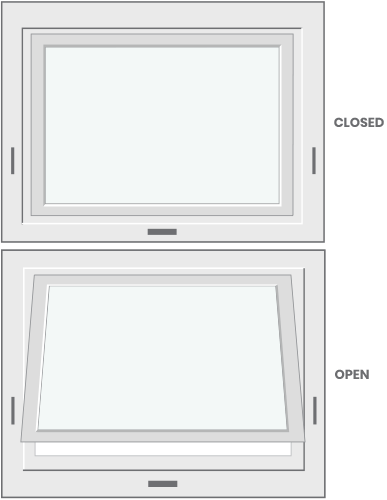Custom Installation of Replacement Windows
Air-Tite Replacement Company Inc. has been replacing windows and doors in Macomb County and Oakland County homes for over 45 years in Michigan. With our sales and custom installation team, we can make your house into your dream home. We offer an array of products that give an extensive amount of options and features; from the luxury of a wood window like Pella Windows and Doors with between the glass blinds or between the glass shades, and Andersen Windows, to the top grade vinyl of Sunrise Windows and Doors made here in Michigan. We are licensed and insured. Visit our showroom in Shelby Township, Michigan.
We specialize in installing bay windows, bow windows, casement windows, sliding windows, double-hung windows, and awning windows. Besides the custom installation of wood replacement windows, vinyl replacement windows, and fiberglass replacement windows, we also offer these products for new construction and for those who want to do-it-yourself for remodeling.
Air-Tite Replacement was one of the six original Pella Authorized dealers when Pella started the Authorized Remodeler and Replacement Program, in the early 1980s, in the Metro Detroit market. Today they have renamed it the Pella Certified Contractor Program, which is nationwide, and Air-Tite Replacement continues to be a participating member.
Casement Windows
Casement windows are hinged on the right or left side and can also be fixed. It can be one or more sections. A two-section casement usually has either one side venting or both sides venting. A three-section casement usually has the two ends venting but could have just the center venting—it could have all the sections venting or all the sections fixed.
Casement windows can be used in just about any opening. They are often used to replace sliding windows because the configuration lends itself to the same style without changing the look of the house from the inside or outside. A double casement window allows for more ventilation than a slider because both sides can be open at the same time, allowing for airflow from almost the entire opening.
Doublehung Windows
Doublehung windows slide up and down. On a doublehung window, both the top and bottom sashes are movable. Usually, a full screen is an option that allows the top sash to be lowered, allowing for ventilation through the top section, or the lower sash can be raised for ventilation from the bottom. Typically, both sashes of a doublehung tip-in for easier cleaning from the inside of the house.
If only the lower sash slides up and the top section is fixed and will not slide down, this is a singlehung window. Singlehung windows do not tip in for cleaning.
Slider Windows
Sliding windows are available in two sections or three sections. In a two-section slider, usually, both sides can slide, and both sashes can be lifted out; although, if it is a single slide, one section is fixed and does not come out.
A three-section slider is available in a center vent where the center sash slides to one side, allowing for ventilation from the center of the window. On an end vent slider, the end sashes slide toward the middle allowing airflow from both ends of the window.
Bay Windows
Bay windows are typically three sections with a fixed center and the two ends venting; however, all three could vent, or all three could be fixed. A bay window is usually made with casement windows but can be made using doublehungs.
A bay can also be a one-section window. The window is pushed out further, allowing for a larger sill on the interior. This is called a boxed bay.
Awning Windows
Awning windows are similar to casement windows—they both are hinged windows; however an awning window is hinged at the top. When it is opened, the bottom of the sash swings out. Most awning windows have a scissor-type hinge at the bottom that allows them to open only so far, making them unable to be used in most bedrooms because they do not meet egress codes.


